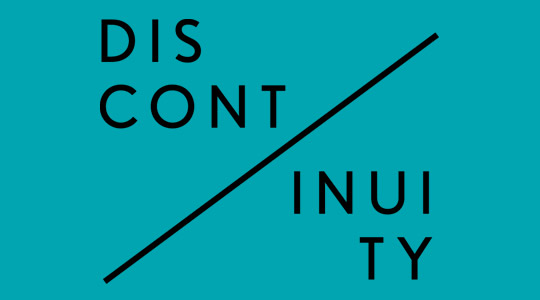Ernö Király
[HU]

The chamber music, symphonies, and electronic music of composer and ethnomusicologist Ernö Király (1919 - 2007) has been largely overlooked in his native Yugoslavia and internationally. However, his interest in folk music, unusual instrumentation, and tape music resonates in the work of esteemed contemporaries, among them CTM 2014 featured artist én aka Pal Tóth.
Király first came to music in his teens via the guitar, performing in workers’ union orchestras before joining the Subotica Philharmonic. Upon relocation to Novi Sad in Serbia, where he worked at the state radio, he began collecting local folk music and studying ancestral musical customs. Using information on audio technology gleaned from the radio station and inspired by Edgard Varèse's "Poème Électronique”, he began composing tape music in the 1960s, occasionally integrating folk instrumentation. In the 1970s, he began to compose for ensembles using graphic scores and chance operations. Driven by the desire to go beyond the twelve-tone scale, he also began creating new instruments derived from folk instruments, among them the Zitherphone.
Király’s compositions were occasionally performed in Novi Sad, and he also scored film soundtracks and taught composition and folk music history in local colleges through the late 1980s. However, the annexation of Vojvodina to Serbia in 1988 and the subsequent Yugoslavian war collapsed the country’s music institutions, and Király thus worked alone from home with few chances for exposure.
In the mid-90s, his music began to be rediscovered, owing in large part to the release of the collection Phoenix: The Music of Ernö Király by British label ReR Megacorp in 1996.


